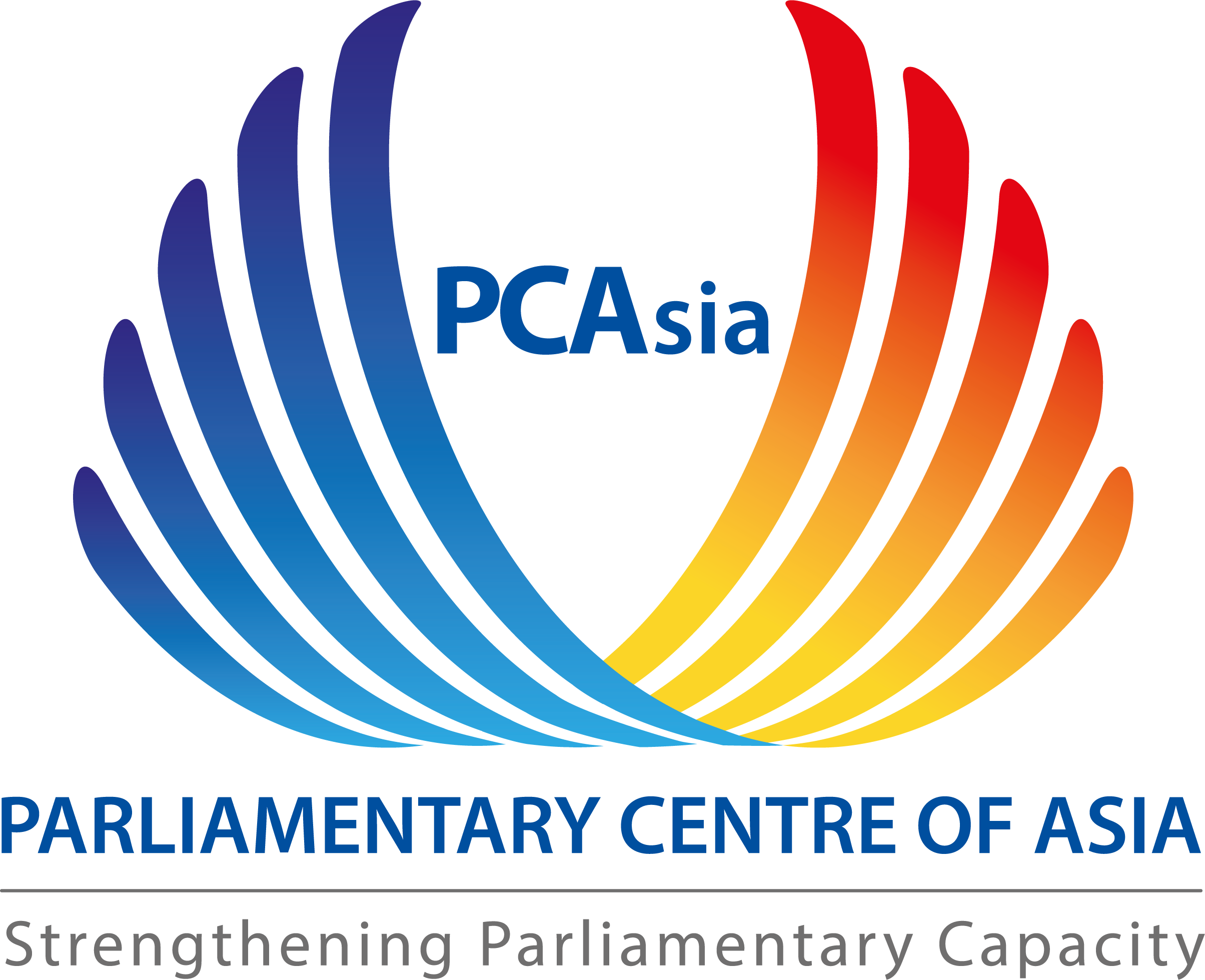Bringing together 36 participants from 9 different countries, the Workshop on Good Governance Practices was organized by PCAsia in partnership with the Secretariat of the Senate of Thailand, from 3 to 5 April 2024 at the Thai Parliament, The event provided a unique platform for exchange, learning, and discovery. In addition to Members of Parliament, five international organisations were also present: AIPA Secretariat, KPI, SEPAC, SCDI, and the C4 Center. This meeting was the second workshop in PCAsia’s ASEAN Parliamentary-Civic Partnership (APCP) project, and included presentations and fruitful exchanges that compared parliamentary practices in ASEAN countries and beyond, resulting in new perspectives and recommendations from participants. Noting the objective of the workshop, PCAsia Executive Director Mr Dararith KIM YEAT highlighted that, “As representatives of the people, parliamentarians are entrusted with the responsibility to defend the interests of their constituents rather than serving private interests. By embodying integrity and commitment to public service, they not only fulfil their duty to represent their constituents but also strengthen the foundations of democratic governance.”


COMPARISON OF PARLIAMENTARY GOVERNANCE SYSTEMS IN SOUTHEAST ASIAN
The opening day featured engaging presentations on parliamentary governance systems from Thailand, Brunei, Indonesia, Malaysia, Cambodia, Vietnam, and Laos. These fostered productive exchanges and comparisons of practices. The presentation on Thailand’s parliamentary governance system and its Code of Conduct, delivered by the honourable Mrs Suwannee SIRIVEJCHAPUN, Senator of the Kingdom of Thailand, was a popular topic of discussion throughout the workshop as a possible model for other parliaments in the region. Following exchanges, Q&A sessions allowed participants to highlight differences between their respective systems and possible paths forward. At the end of the first day, participants were invited to attend a special session of the House of Representatives of the Kingdom of Thailand.


PARLIAMENTARY CODES OF CONDUCT
The second day further explored parliamentary codes of conduct, with presentations on the ethical codes from the French National Assembly, the US Congress, the Swedish Parliament, and Southeast Asian Parliamentarians Against Corruption (SEAPAC). These presentations, delivered by experts from each institution, were enriched by lively discussions aimed at identifying challenges and formulating suggestions for the future. As emphasised by Mrs Suwannee SIRIVEJCHAPUN of the Thai Senate, AIPA Member Parliaments face numerous challenges, including the need for publicly available information on standards of behaviour including codes of conduct and the lack of an appropriate public database on related good practices. In response to these, the second day concluded with discussions and recommendations for better implementation of good governance practices and codes of conduct among parliaments in the region.


SHARING OF CULTURAL PRACTICES
The workshop also showcased the culture of Thailand to help foster regional cooperation. A guided tour of the impressive Thai Parliamentary Compound, erected in 2021, took place at the end of the workshop. Parliamentary staff from the House of Representatives and Senate of Thailand shared about the history and practices of the Parliamentary Library, the Senate Chamber, and the golden pagoda located at the top of new parliament. Participants were graciously welcomed to learn more about the cultural, culinary and clothing traditions of Thailand through the Grassroots Economy Products Exhibition, mini-Songkran festival, and Friendship dinner. These and the workshop more broadly displayed the warm hospitality of the Thai people, while also contributing to a shared sense of community among decision-makers in the region.
In this spirit of friendship, participants noted how the event, itself a product of collaboration between PCAsia and the Thai Parliament, will serve as a starting point for strengthening good governance in Southeast Asia, where integrity, transparency, and accountability are the foundations of parliamentary action.

